Worker’s Compensation Court Visits Toll Gate
Worker’s Comp
Chief Judge Robert M. Ferrieri, Elizabeth Facteau, Esquire, Richard Sinapi, Esquire, and Tim Costa, visited Toll Gate with YES RI, ( Young Employee Safety Rhode Island), with the goal of educating its employed students on their rights as employees. I had the opportunity to observe this presentation on Dec. 2, 2022. I was made aware of the rights I have within my workplace, and how to protect myself from unsafe or potentially unsafe conditions. Chief Judge Robert Ferrieri began with informing us on the procedure we should follow after being injured at the workplace. Then, he explained what rights we are entitled to if we are injured in the workplace or in other words how we are entitled to workers compensation. This was followed up by Tim Costa, a safety consultant for Beacon Mutual, whose goal was to prevent these injuries and unsafe conditions. He taught us how to prioritize our safety.
Chief Judge Ferrieri explained what to do if we are injured in the workplace in three steps. First, take care of yourself, do what you need to do to help yourself. Clean any wounds, or abrasions with water and keep it clean, do not strain any inner injuries like potential breaks, sprains, or fractures. Second, file an injury report, this can be done through your employer and should be done as soon as possible while the details are still fresh, as the claim expires after two years. Although minors can file an incident that occurred at any time until they turn eighteen, the claim does not expire for anyone under the age of eighteen. Third, receive treatment for the injury, urgent care, scheduled doctors appointments, and emergency rooms are all viable options depending on the extent of your injury.
Chief Judge Ferrieri went on to list the compensation we are entitled to depending on the injury and severity. If you obtain an injury during work, the medical bills and attorney will be covered completely by your employer as well as any treatment you may need or receive. You will also receive seventy-five percent of your pay you would be earning if you miss three or more days of work because of the injury. Chief Judge Ferrieri also explained “specific compensation” to the Toll Gate students. This is when you receive compensation specifically for your injury, like restoration of skin that suffered scarring and disfigurement. There is also “loss of limbs” compensation if you receive any injuries that affect your mobility long term like a broken limb, or carpal tunnel. The last “special case” for compensation is treble damages. You receive these if you operate machinery as a minor that you should not be. Treble damages are when you receive three times the normal compensation for missed work, and three times burn, scar, or injury compensation. All of this different compensation applies to anyone in the United States regardless of citizenship or if the injury was caused by improper use of machinery. The only time this will not apply is if the injury was caused by horseplay or you were under the influence of a substance.
Tim Costa, a safety expert, helped us understand how to prevent these injuries and advocate for ourselves. He explained that it is the employer’s job to train their employees properly and create a safe work environment for everyone. Mr. Costa described the causes of injury in the workplace to us. Simply put, injury happens because of inexperience and lack of training. He then presented us with a statistic that demonstrated his point perfectly: Ninety-seven percent of accidents happen due to human error and unsafe behaviors. The first step in preventing injury is proper training. Mr. Costa then posed a question to the students who drive on a regular basis. When you see a yellow light do you speed up or slow down? Most students acknowledged that typically they speed up in the face of a yellow light, even though yellow lights are designed to show us the risk we run by pressing the gas. Mr Costa explained we have these “yellow light moments” all of the time. We see the present risk and danger, acknowledge it, even if it’s just for a second, and then decide to go through with whatever it is we are doing. Often we ignore these moments when we should not. Mr Costa explained some potential hazards and how we can try to protect ourselves from these things. Often it just comes down to listening to those yellow light moments.
Mr. Costa said it is also important to hold your employer accountable for providing a safe work environment, speak up for yourself, and advocate for yourself. We were also given some possible questions to ask our employers like, “how do I report an injury?” “Will I get proper safety equipment?” “Do I have to work with any Chemicals?” “Will I receive training?” All of these questions force your employer to be honest with you about the safety of their workplace.
It is also important to know what you legally should not be doing. Mr. Costa told us that teen workers may not operate heavy machinery, drive motor vehicles, work near electrical hazards such as chemicals, and they can not work night shifts. If your employer asks you to do any of these things, you can simply tell them you are not comfortable doing that because you have not received the proper training. Any reasonable employer will understand this concern. Some other things you can do to protect yourself depending on the task are wear anti slip shoes, safety goggles, and/or gloves.
Overall it is essential for young workers to know their rights and be able to advocate for themselves. Every year 200,000-300,000 young workers’ injuries are reported. That is at least one injury every 6 minutes, and that is just the reported injuries. More shockingly, young workers are killed every year. In Rhode Island alone 1000 teens are injured each year. These injuries likely could have been prevented. It is important for teens to know their rights and to teach them how to protect and advocate for themselves. This is not only for teens but for others who might end up in the same position or environment. This type of education is essential to young workers to keep the future of our society informed and safe.
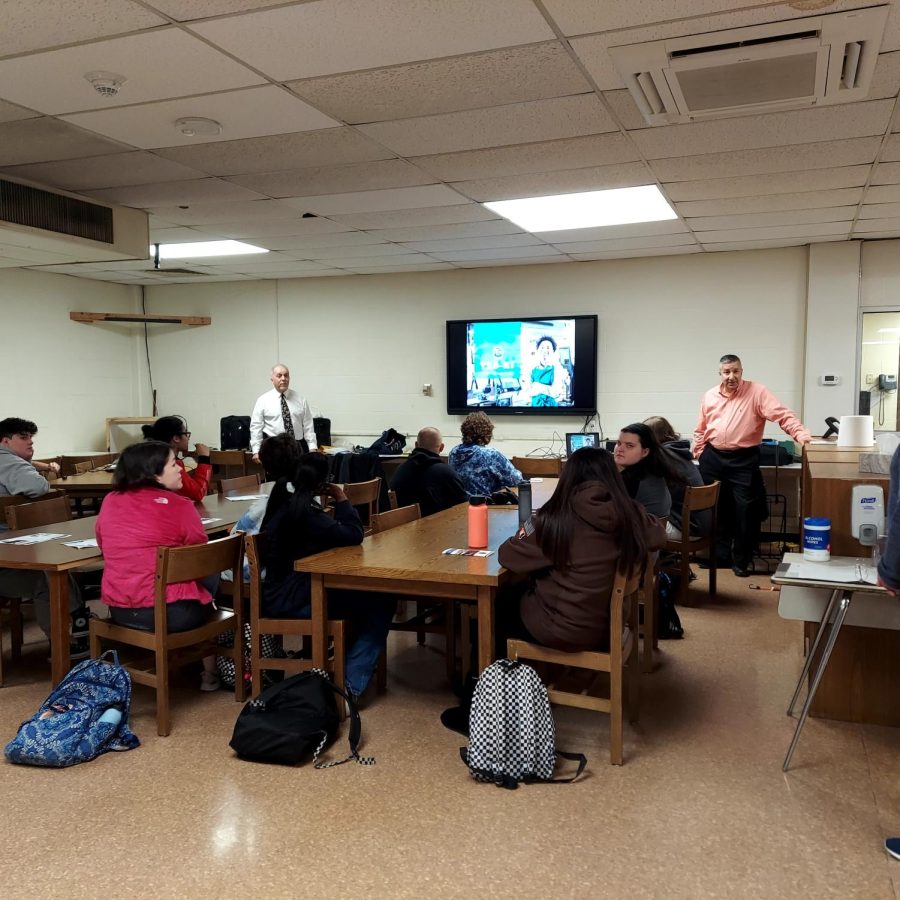

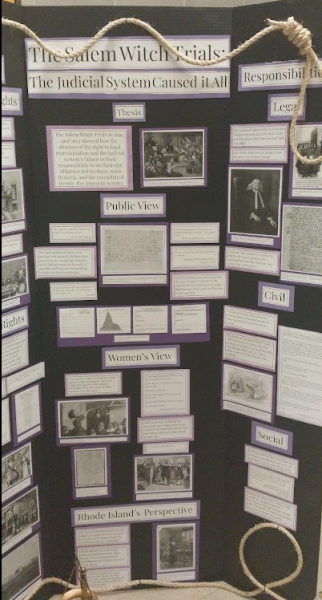
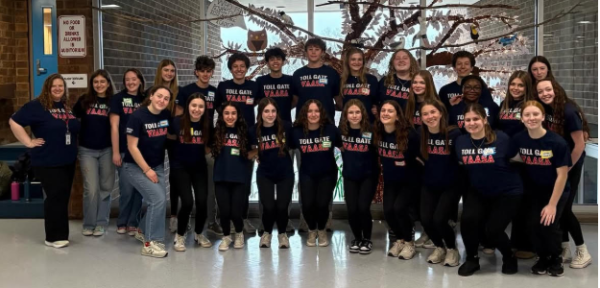
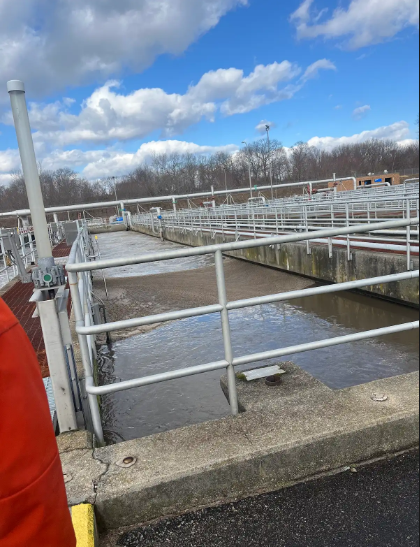
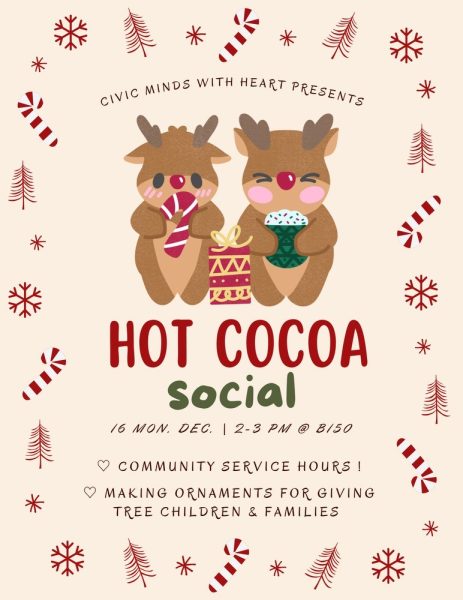
Dr. Thalia Wood • Feb 1, 2023 at 6:42 pm
Mary, Thank you for showcasing this event and for the detailed information you provided! Excellent job summarizing the key takeaways! Keep up the good work!
Mary McNulty • Feb 10, 2023 at 7:23 am
Thank You Dr. Wood!